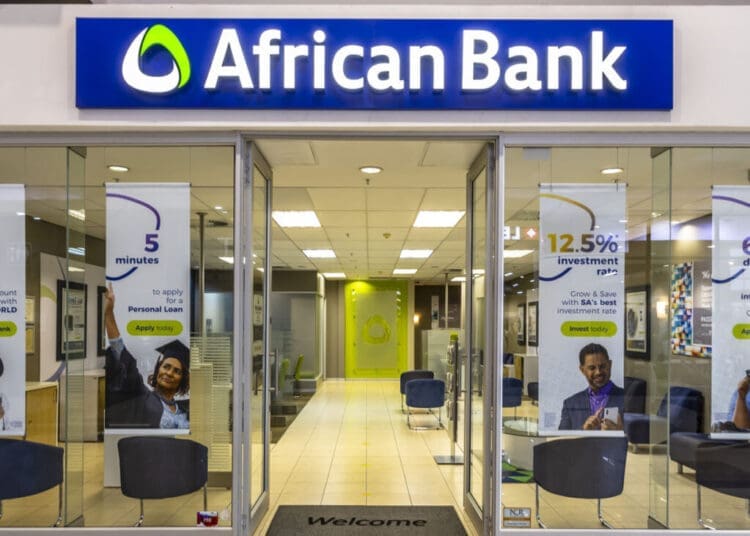African Bank is set to roll out a new invoicing and payment system to reduce delays and help small suppliers manage cash flow. The bank said it is working to standardise approval processes and improve communication so that SMEs can access information about required documents and upcoming opportunities.
This emerged during a supplier development session in Johannesburg this week, where the Gauteng provincial government laid out its push to transform its supply chains systems and outlined new procurement tools.
They also clarified B-BBEE compliance rules and stressed the need to include township businesses and people living with disabilities in provincial opportunities.
African Bank’s Procurement Transformation team told suppliers that the institution is tightening compliance requirements and improving support for small businesses. The session also emphasised the low employment rate of people with disabilities, which officials described as an economic inclusion gap that both government and the private sector need to close.
Presenting the bank’s expectations, African Bank’s Chief Procurement Officer, Lindelwa Choma said suppliers must demonstrate stronger adherence to the B-BBEE Codes of Good Practice.
“We expect suppliers to meet their compliance obligations. We cannot invest in transformation without measurable outcomes,” Choma said. She explained that suppliers must provide valid affidavits or SANAS-accredited certificates and ensure that information submitted is accurate and up to date.
Officials also highlighted the importance of integrating people living with disabilities into supply chains, saying that “disability has always been the last conversation we have when we speak about transformation.”
“There are young people with disabilities who continue to be excluded from employment and enterprise opportunities. We need to prioritise them and make sure they are visible in our procurement pipeline,” said one of the attendees.
The Gauteng Department of Economic Development’s B-BBEE Unit delivered a detailed overview of the Codes, with a focus on ownership, management control, skills development, enterprise development and socio-economic development. The unit reiterated that organs of state are legally required to apply the Codes when awarding licences, incentives and procurement contracts.
The reforms could offer relief for some small businesses. Kabelo Mokoena, who runs a printing and branding company in Katlehong, said he often loses out because requirements differ across departments.
“If systems become clearer and payment processes are faster, more of us can compete fairly. We are not asking for favours. We just want a predictable process,” he told Vutivi Business News.
Others emphasised the need for real visibility of opportunities. Soweto based caterer Phindile Buthelezi said small suppliers still struggle to understand how they are tracked and supported.
“We hear about development programmes but we do not always know how to join them. If African Bank and the province make the information easier to access, more township businesses will be ready to participate,” she said.
lazola@vutivibusiness.co.za
































































